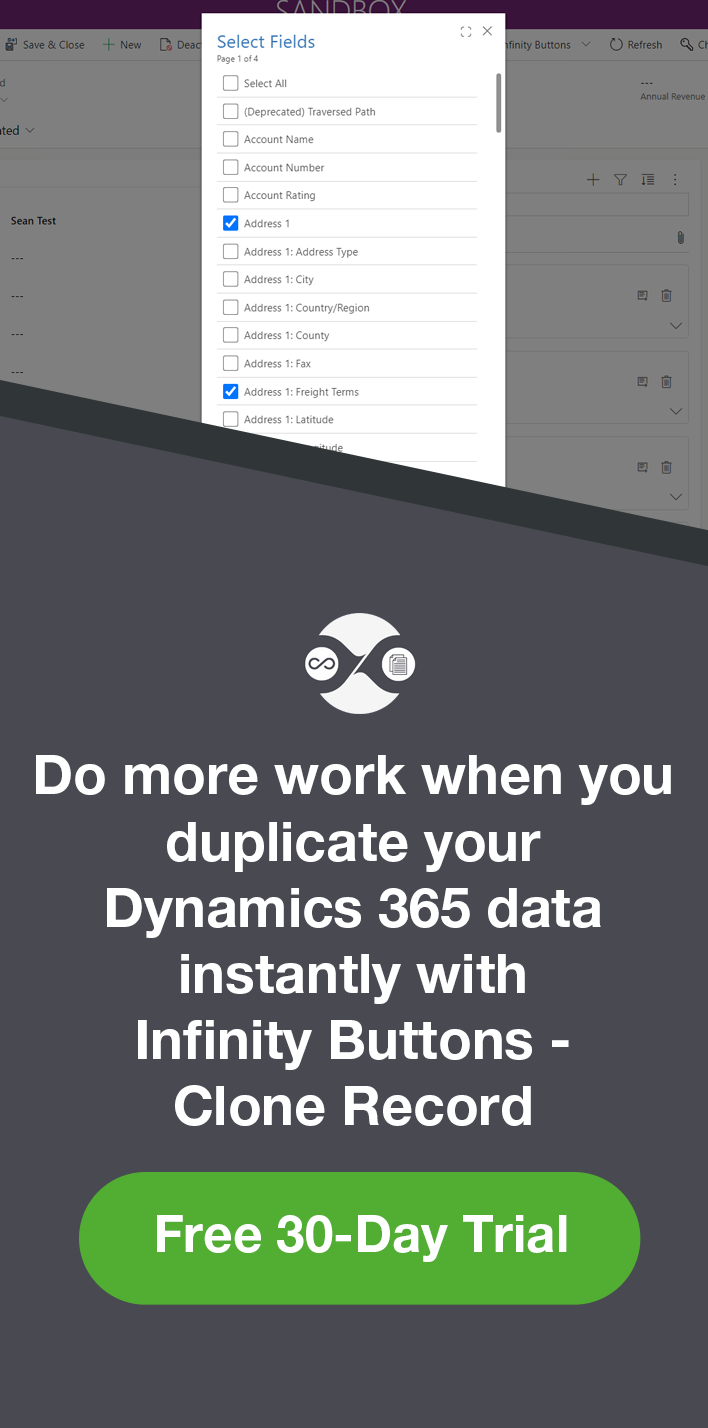CRM and the Big Bang Theory
John Eccles, 12 August 2013
I love the show, but I have grave doubts about the Big Bang Theory. I find it impossible to imagine the complex systems all around us originating from the randomness of some sort of cosmological explosion. Not surprisingly, I’m equally sceptical of Big Bang software implementations – especially for CRM.
.png) *
*
* picture from: http://en.wikipedia.org/wiki/List_of_The_Big_Bang_Theory_episodes
When a new system is to be implemented in an organisation, there are two fundamental ways to do it:
• big bang• phased
There is also parallel adoption where both the old and the new system are operated in parallel while the users get used to the new system. But this can be applied to either a big bang implementation or a phased implementation. And while it has its place in more data-critical applications, it is expensive in terms of the cost of double-entry and can be a major cause of dissatisfaction for staff who have to do that extra work to switch to the new $%*# system. (I’m not impressed by the idea of parallel universes either.)
Big Bang Implementation
With big bang implementation, users run the old system until Friday, there’s data-migration over the weekend and then everyone switches to the new system on Monday. The old system is not used anymore from that moment on.
.png)
For small systems, that approach can work well. Small bangs are OK – it’s the big bang that I have a problem with.
My problem is that this approach requires that everything go pretty much to plan – and the real world just isn’t like that.
Perhaps I’m a pessimist, but I expect things to go wrong. (At least that way I am happy when they go well!) So with a CRM implementation, I expect that there will be a few bugs that were not found by our comprehensive testing and the client’s user acceptance testing (UAT). I expect that when the users start using the system, everything won’t be how they imagined it would be. I expect that some users will have missed the training or not absorbed it due to other pressures or information overload and so many users will struggle to use the system on day 1. I expect dirty data issues. And I expect that on day 1 there will be a lot of unhappy people if these issues are not addressed pronto.
If the system is complex with multiple departments involved and large numbers of users, the risks multiply and the project’s chances of going to plan become slim.
Phased Implementation
A phased approach simply means that the system is implemented or rolled out in several phases.
.png)
I am convinced that this approach is one of the best ways to minimise risk in CRM projects. Just divide the big implementation project into a series of manageable sub-projects.
There are many ways to phase a CRM implementation. Here are some ideas:
1. User Groups. Start with a pilot group that can become advocates for the CRM system and expose any gaps in the system and processes before they impact the whole organisation.2. Functionality. When the CRM system involves multiple processes, then implement them one at a time.
3. Locations. Get the system running well at one office and then in other offices.
4. Integration. Get the system running well and integrate/connect to one other system at a time.
Advantages of the phased approach
• The inevitable issues at go-live become manageable• Training is more gradual and easily assimilated
• There is time available for adjustments
• Any negative influences that arise are less critical and can be addressed quickly

